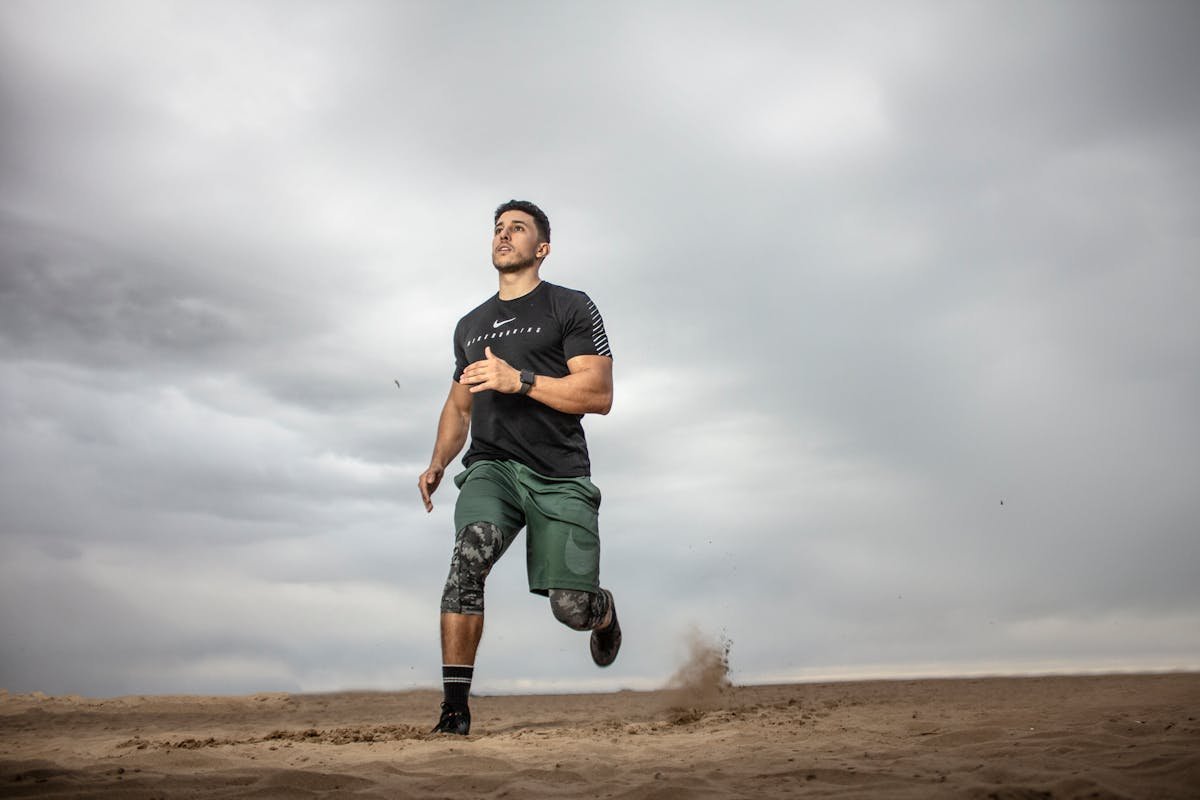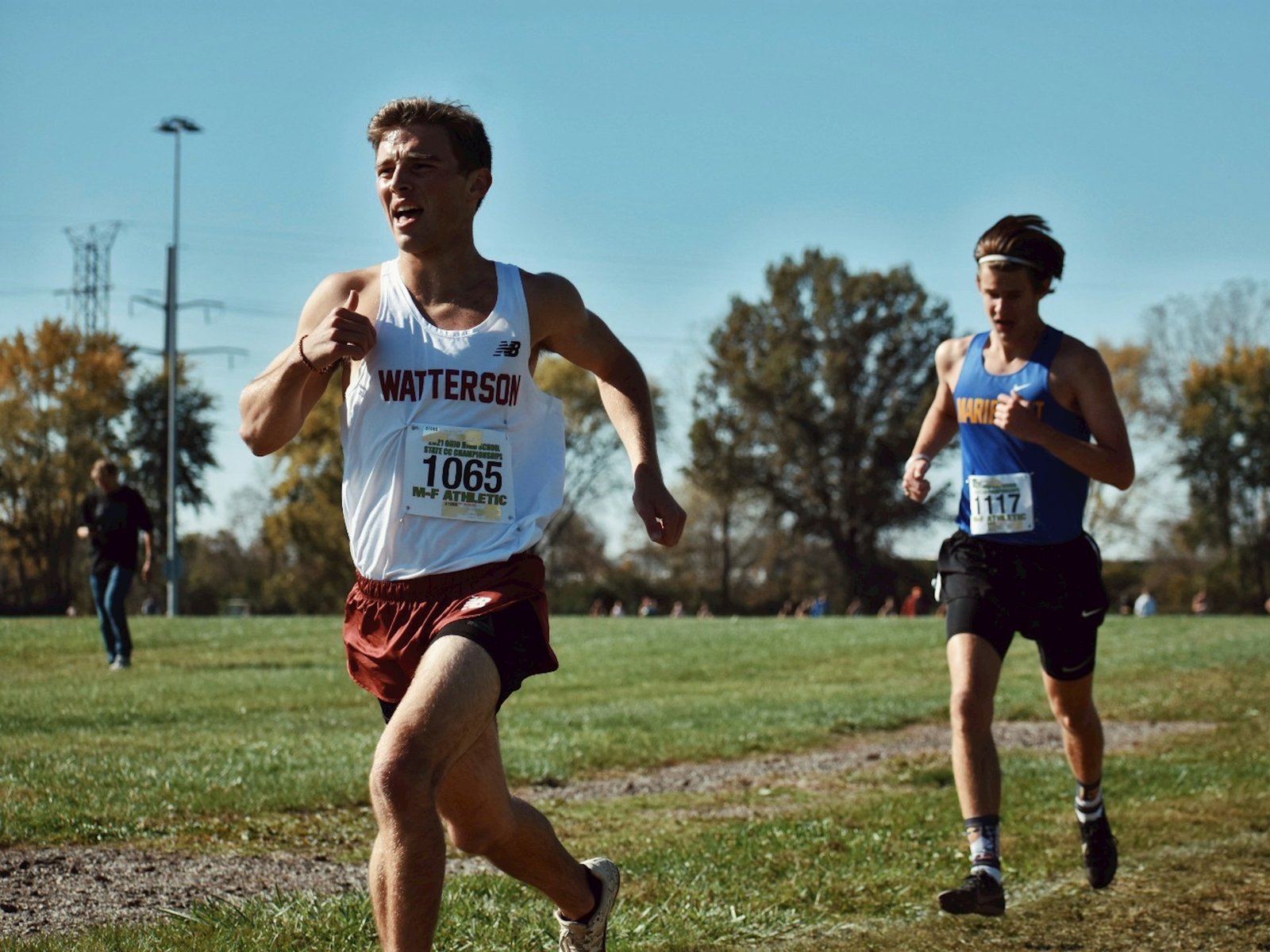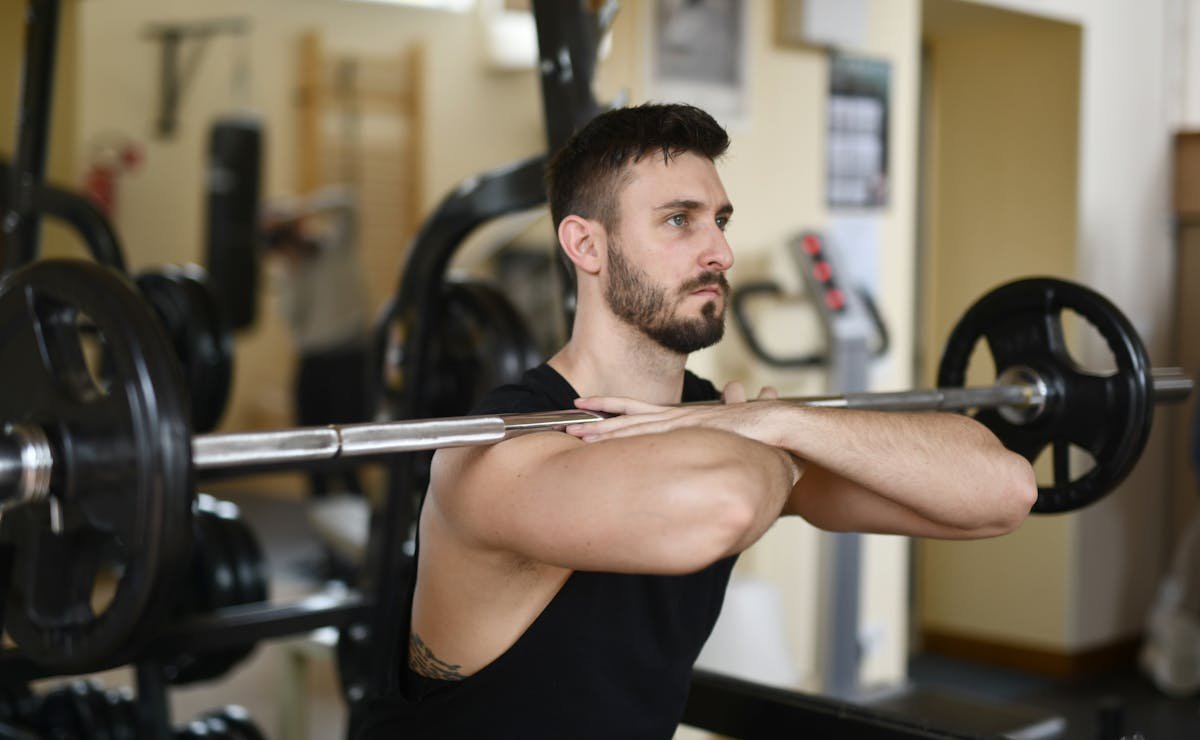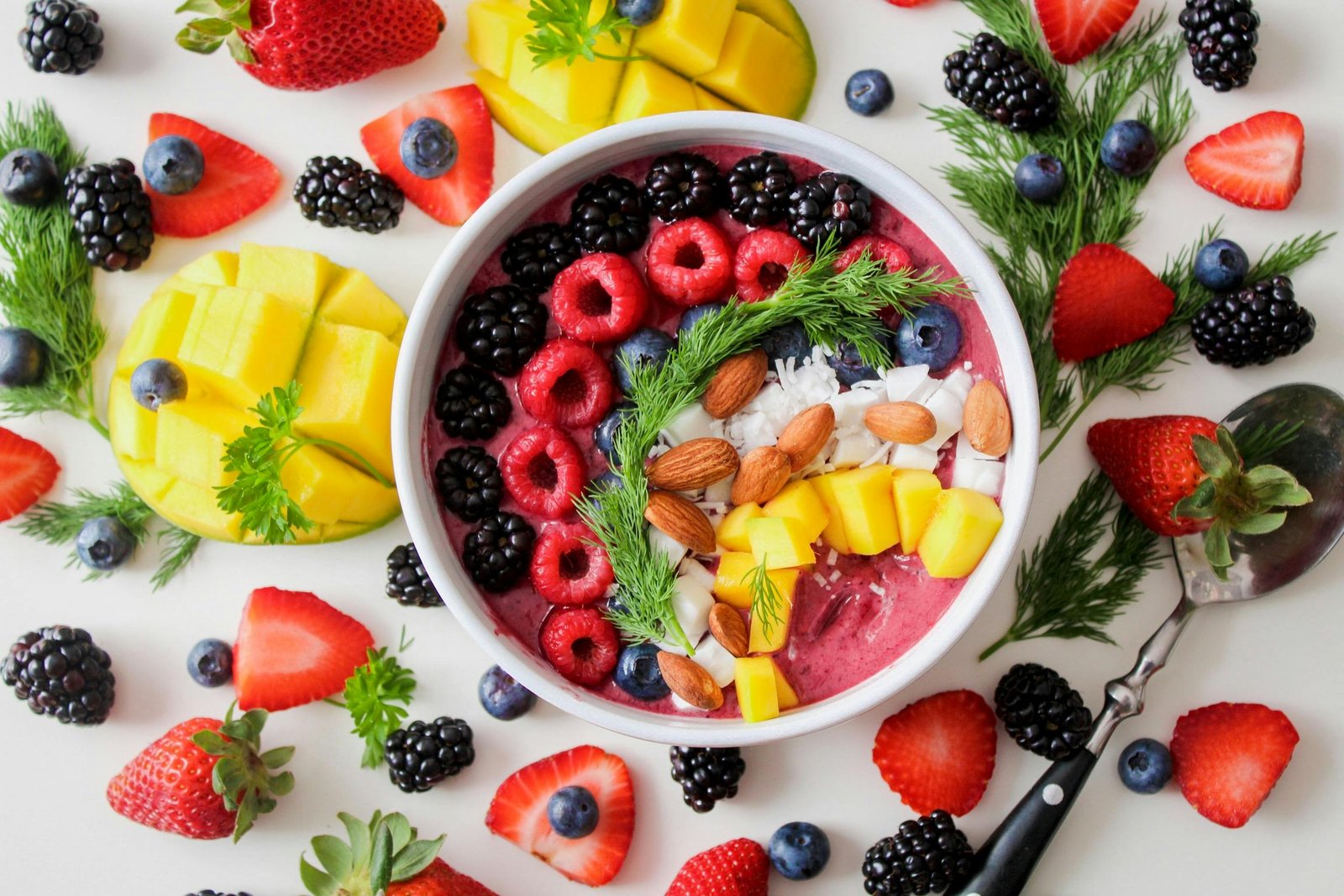How to improve the nutrition of high-performance athletes?
Sport / Date: 01-22-2025
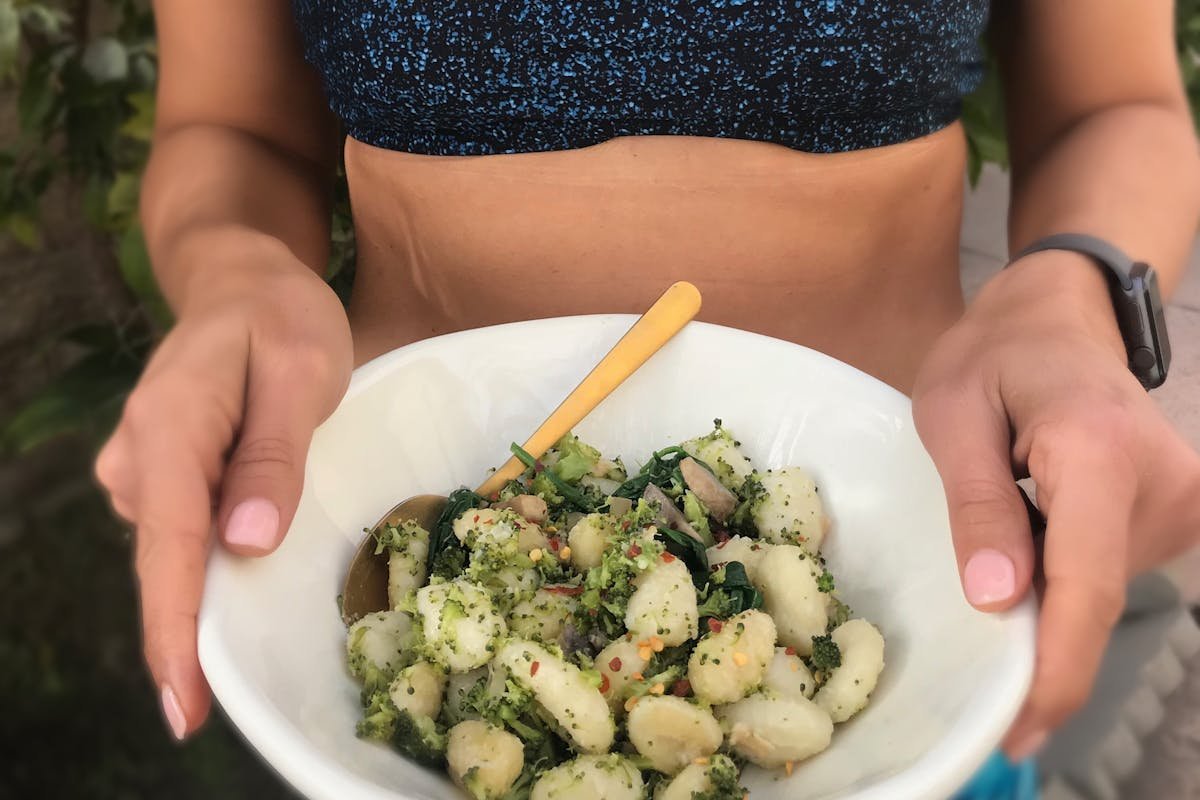
The vitamins of excessive-performance athletes aims to provide greater electricity at some stage in training and assist with muscle recuperation, so every person who wants to attain higher consequences desires to follow a balanced diet of proteins, carbohydrates, fats, nutrients and minerals.
Consuming the right amount of these food corporations guarantees many blessings to your body and in your performance in any sport. Following a strict consuming plan ought to be a priority to your recurring so you can improve even extra!
The amount of calories and nutrients that an athlete should ingest is character, as each organism works in a unique way and relies upon on factors including weight, top, intercourse, age, metabolism and intensity of the sport practiced to define nutritional needs.
When it involves sports, nutrients plays a essential function inside the lifestyles of the practitioner, and it is very critical to realize more approximately how to consist of a healthful and balanced weight loss program to your each day lifestyles.
How can nutrition impact high-performance athletes?
High-intensity sports activities require a variety of bodily effort and your body has to be organized! A healthful weight loss program for athletes desires to consist of balanced food to make certain the consumption of all of the vitamins that provide patience, strength and energy.
A good amount of fruits and veggies, as well as fiber, proteins and properly fine fats will ensure efficient performance in schooling and in particular in competitions, in addition to supplying a shorter restoration time after excessive exertion.
Some of the negative effects of an inadequate diet – such as unplanned weight change, nutritional deficiencies, fatigue and increased risk of injuries – can reduce your progress and performance, so be careful!
The amount that should be consumed from each food group is guided individually, since even the type of sport practiced influences the consumption requirement.
Anaerobic activities, that is, those of high intensity and short duration such as weight training and sprinting, require a greater quantity of carbohydrates to provide energy to the muscles quickly.
For aerobic activities, the recommendation is that the diet be rich in lipids, since sports such as soccer, swimming and cycling require the muscles to provide energy for a longer period of time.
Diet is directly linked to how the body responds to physical stimuli, so you need to know the best way to consume nutrients and obtain their benefits.
What can't be missing from an athlete's diet?
Professional athletes need to consume a lot of calories due to their intense training routine and the composition of their diet can change when competitions approach, with the aim of further improving performance.
General recommendations include a balanced intake of proteins, cereals, fruits, vegetables and fats. Ideally, meals should be high in calories and well-divided to compensate for the energy expenditure of training and avoid the loss of lean mass.
Antioxidant and anti-inflammatory foods can also be helpful for muscle recovery, as they play an important role in reducing the normal inflammation caused by exercise.
And how about some more tips that will help you understand how to eat better and ensure more benefits from practicing sports?
1. Proteins
The recommended amount of protein per day is higher for high-performance athletes, reaching up to 2 g per kg of the athlete's weight, but care must be taken with excessive consumption as it can cause the opposite effect to that expected.
Increased risk of dehydration, difficulty in recovering muscle energy stores and accelerated loss of calcium – an important nutrient for muscle contraction – are just some of the health problems that excess protein in the diet can cause.
Still, this nutrient is one of the most important when it comes to muscle development and strengthening. A diet for those who practice physical activity needs to be rich in building foods , which help in the formation of lean mass.
That's why it's so important to have a balanced diet and be careful about using supplements without a prescription! It's possible to consume an adequate amount of protein just through foods like:
- Meats
- Fish
- Eggs
- Yogurt
- Milk
- Low-fat cheeses
- Chickpea
- Soy
- Lentil
Plant-based proteins, such as beans, when combined with carbohydrate sources, such as rice, provide an adequate amount of this nutrient. And this combination favors greater performance in activities and less muscle damage.
But to get a good result in a competition, in addition to working your muscles, they need to have energy. So, although proteins are important, they don't act alone!
2. Carbohydrates
Many people believe that proteins should be the focus of a diet, but carbohydrates are the main sources of energy for muscles during physical activity. For this reason, they should be consumed both before and after any sporting activity.
Furthermore, the muscle is capable of forming a stock with the energy provided by carbohydrates – called glycogen – and using it during short-term physical exercise.
Therefore, it is easy to understand why long periods of fasting and low-carb diets are not recommended for athletes. A diet restricted to this nutrient can cause fatigue and a slower muscle recovery process.
Choosing the right type of carbohydrate is essential to obtain its benefits, so avoid foods such as sweets and sugary drinks. Priority should be given to natural foods that are as unprocessed as possible, such as:
- Whole grain breads
- Brown rice
- Oat
- Fruits
- Vegetables
In general, nutritionists recommend that carbohydrate consumption should be approximately 45% of the total calories in the diet, but, in weeks of sporting events and competitions, the ideal is to increase the amount of this nutrient.
Now that you understand that athletes should have a diet rich in proteins and carbohydrates, there's no mistake! But it doesn't stop there, because a healthy and balanced diet needs to have more than that.

3. Good quality fats
In a proper diet, this important food group cannot be left out! And we are not talking about coconut oil or fried foods, but rather foods such as:
- Avocado
- Nuts
- Chestnuts
- Salmon
- Chia
- Flaxseed
These foods are rich in fat and should not be feared, as they offer numerous benefits, are necessary for the normal functioning of the body and provide plenty of energy and satiety.
For athletes, the nutritional recommendation for good fats can vary between 20% and 30% of the total caloric value consumed in a normal diet and change according to the competition calendar.
Their high caloric value is essential to compensate for the energy expenditure of exercise. In addition, lipids play an important role in hormones and in the absorption of fat-soluble vitamins such as vitamins A, D, E and K.
Another benefit of this nutrient is its high caloric value, which promotes satiety and energy, in addition to adding flavor to various preparations! Foods in this group are also sources of Omega 3 , a compound with benefits not only for the body, but for the mind as well.
4. Water
Controlling fluid intake is as important as nutrition for athletes, since, during exercise, the body eliminates water in order to regulate body temperature.
To avoid dehydration and its consequences, it is recommended to drink water before, during and after training, as this substance is essential for all chemical processes that occur in the human body.
Athletes' fluid replacement does not necessarily have to consist solely of water. Isotonic drinks and foods rich in this mineral can be part of the post-workout diet with the aim of hydrating and restoring muscle energy reserves.
But you need to be careful, especially during competitions, as dehydration can affect overall performance, cause an increase in heart rate and problems regulating body temperature.
In other words, when in doubt, drink a glass of water just to be sure!
5. Varied diet
Avoid monotonous eating: a healthy weight loss program calls for a variety of foods to offer all of the vitamins and minerals that the human body desires for regular functioning and for bodily workout.
B vitamins – inclusive of folic acid and cobalamin – are important for muscle regeneration. Micronutrients together with vitamins C, E, selenium and zinc have a very essential antioxidant characteristic for folks who practice sports activities.
Dark green leaves may not be anybody's favorite dish, but they're well worth including to your weight-reduction plan as they're superb sources of calcium, iron and nutrition A.
In short: that nutritionist talk that the more colorful the plate, the better, is valid!
There is no secret to following a balanced diet and it doesn't need to be difficult, simply prioritize healthful, varied meals in the ideal quantity and you will be capable of reap your goals!
The quality way to make sure ok dietary intake for you is through a sports nutritionist. Monitoring by way of this expert is critical, as a food plan for excessive-overall performance athletes desires to be individualized and supervised.
But now that you apprehend the importance of vitamins for high-overall performance athletes, it is worth beginning to observe our hints to enhance consequences in training and competitions, in addition to muscle reaction and recovery!
Follow Us
Newsletter
Subscribe to our newsletter to stay updated with our latest news and offers.
We respect your privacy.